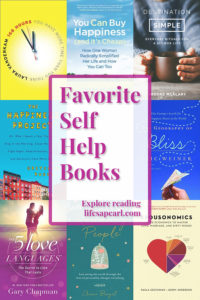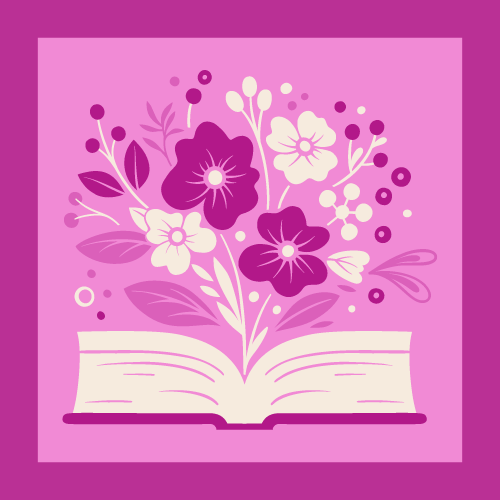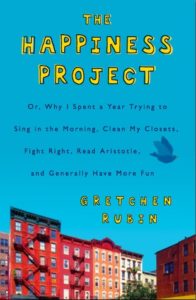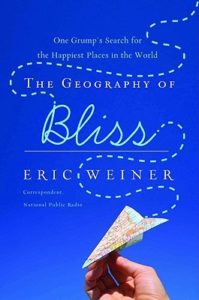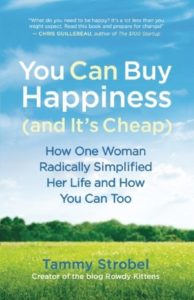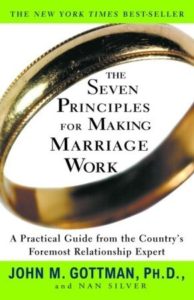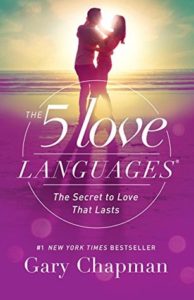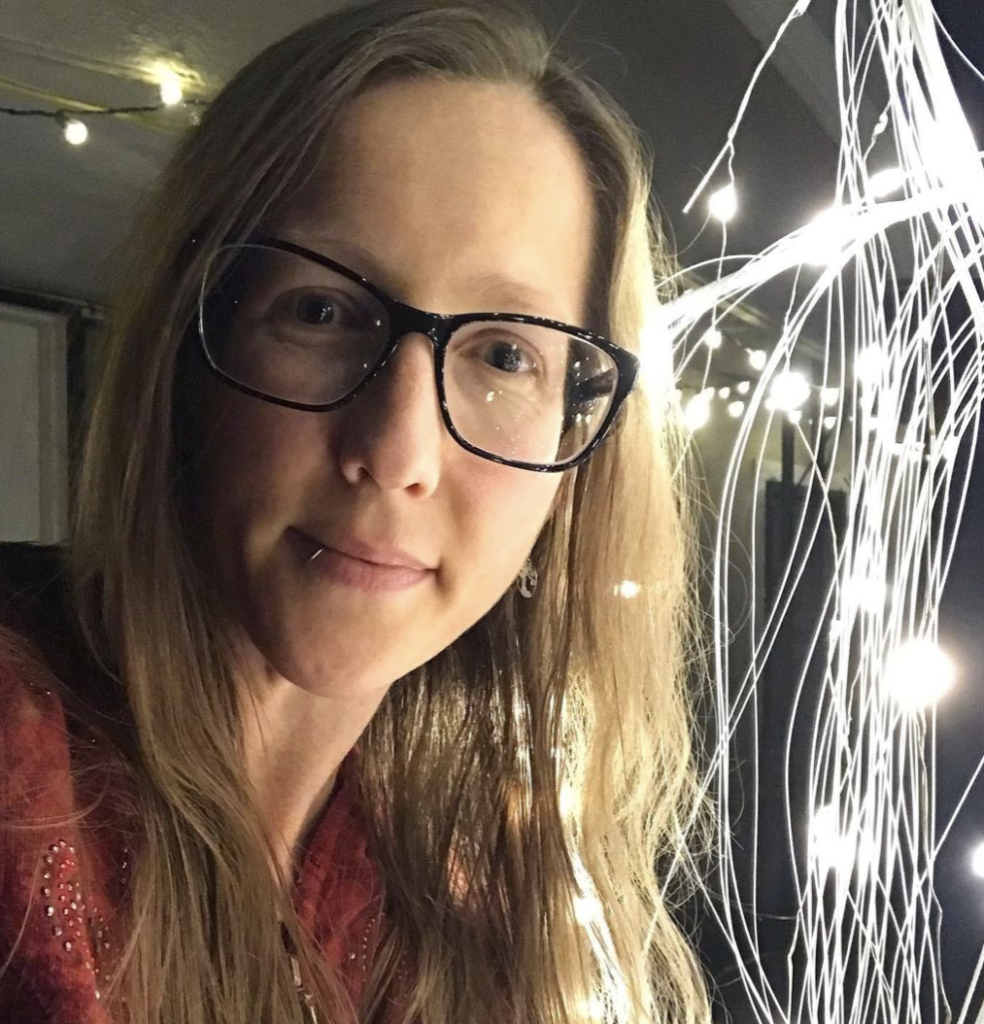September is “National Self Improvement” month. When it comes to nonfiction, the self help genre is one of my favorites. I love all things self discovery, growth, and knowledge. From happiness studies to marriage and relationships to personality frameworks and productivity, I enjoy reading about it all and implementing what sounds good to me in my own life.
I also want to share one of my favorite podcasts within this genre. By The Book with Jolenta Greenberg and Kristin Meinzer is a popular podcast where each episode they pick one self help book to live by for two weeks, share their experiences, and follow up with an epilogue verdict episode. It’s informative, sweet, funny, and above all real. They recently published their own self help book, How to Be Fine, and I can’t wait to check it out!
In honor of National Self Improvement month, here’s a book list featuring my top self help or self improvement books that you may want to check out in September. They’re sorted into a few subgenres – happiness studies, marriage improvement, and personality frameworks – with a couple miscellaneous favorites at the end.
Happiness
The Happiness Project by Gretchen Rubin
The Happiness Project was one of the first self improvement books I ever read. Gretchen Rubin’s writing, narrative style, and mindset really appeal to me. I loved the way she broke down her happiness project into themes for each month of the year along with actionable goals that she could measure and keep track of. The organization and clarity of her work satisfied the way my brain works too. This book exposed me to new concepts, inspired new ways of working, and helped me realize there are people out there who think the same way I do.
Over 10 years later, I remain a big fan of Gretchen Rubin. I have read all her books, love her 4 tendencies framework, and enjoy listening to her podcast, Happier.
The Geography of Bliss by Eric Weiner
The Geography of Bliss is part travelogue and part happiness research. Eric Weiner, former foreign correspondent from conflict regions, visits eight of the happiest countries on earth (The Netherlands, Bhutan, and Thailand to name a few) and one of the most unhappy (Moldova) to try to discover what makes people happy. This book has a lot of happiness nuggets, humor, and inspiration of both the travel and life type.
“Money matters but less than we think and not in the way that we think. Family is important. So are friends. Envy is toxic. So is excessive thinking. Beaches are optional. Trust is not. Neither is gratitude.”
You Can Buy Happiness (and It’s Cheap by Tammy Strobel
I first read about this book in a small Northern California magazine that featured local author Tammy Strobel, her story of simplifying her life, and her tiny home. I’ve always been intrigued by tiny homes as well as the happiness found in simple living so I ordered her book.
You Can Buy Happiness (and It’s Cheap) is both a memoir and an introduction to steps to simplify your own life making more room for happiness. She shares how downsizing your home, your stuff, and your expenses can lead to more happiness, fulfillment, and finding a community. This book was both inspiring and practical.
Marriage
The Seven Principles for Making Marriage Work by John M. Gottman
Before my husband and I got married, I was researching all kinds of marriage books. That’s just the kind of person I am. I like to go into things (or study new interests) with lots of books behind me. So when I saw The Seven Principles for Making Marriage Work recommended by Modern Mrs Darcy, one of my trusted bookish sources, I checked it out from the library immediately.
John Gottman has studied marriages for many years as a psychological researcher and clinician observing how couples interact at the Love Lab in Seattle. He is considered a marriage expert. After watching a couple interact for 5 minutes, he can predict with 91% accuracy if they will divorce. This book contains questionnaires and exercises to put Gottman’s seven principles to work in your relationship.
The 5 Love Languages by Gary Chapman
I listened to this as an audiobook around the same time I was researching marriage books. Gary Chapman’s book, The 5 Love Languages is a classic. Some of Chapman’s stories and expressions felt pretty outdated then but I love a good personality quiz so learning about the different love languages and seeing how to apply that knowledge to my own relationship was enough to keep me interested.
The 5 languages that people use to express and receive love are physical touch, words of affirmation, quality time, gifts, and acts of service. If you want to discover your language, I believe you can still take a free quiz on the 5 love languages website. Chapman’s framework has been extended to include parent and child love languages as well.
Spousonomics by Paula Szuchman and Jenny Anderson
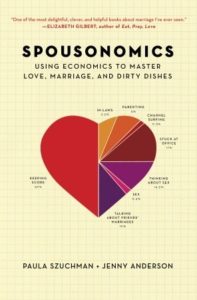
I read this book as an audiobook nearly two years ago when my husband and I were on our cross country adventure. We both found the writing hilarious and the narrator’s pace and delivery very entertaining. Spousonomics looks at marriage in an economic light, as a study of resource allocation on the domestic front. It examines how a couple spends their limited resources – time, money, and energy – and how to spend time most efficiently. It was an interesting new way to look at marriage and making a partnership run more smoothly.
Personality
Reading People: How Seeing the World through the Lens of Personality Changes Everything by Anne Bogel
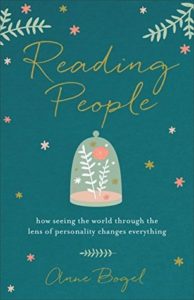
This is my favorite book by Anne Bogel, also known as Modern Mrs Darcy and the host of the What Should I Read Next Podcast. Reading People is a beginners guide to psychological personality tests. It introduces and breaks down seven popular personality frameworks and provides further resources and links to various trusted tests.
Anne Bogel shares why knowing yourself is important and how these insights can be applied to improve your relationships, career, productivity, and all parts of life. I adored this book and Bogel’s conversational writing style. It’s a great jumping off point if you’re interested in personality or ways to discover more about yourself.
The Four Tendencies by Gretchen Rubin
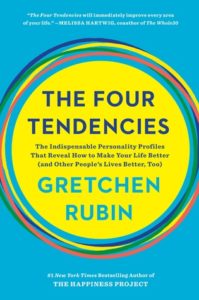
The Four Tendencies covers the personality framework Gretchen Rubin came up with while she was studying habits. She realized people interact differently to inner and outer expectations. She narrowed these ways of meeting expectations into four categories or tendencies: Upholders, Obligers, Questioners, and Rebels.
There is a free quiz on Gretchen Rubin’s website that helps you identify your tendencies. Knowing how you engage with expectations can help you structure your goals, deadlines, and habit change in ways that will work for you.
These two books are my favorite personality ones so far. If you would like to know more I have a past post where I go more in depth on both of them.
Miscellaneous Mentions
Destination Simple by Brooke McAlary
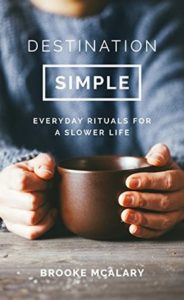
I enjoy Brooke McAlary’s podcast “Slow Your Home” so when I was reading more about simple and slow living, I started with her first book, Destination Simple. This is a tiny but powerful book covers everyday rhythms and rituals to help you slow down and savor life.
One of my favorite parts of this book is where McAlary covers daily rhythms and finding or creating one that works for you. I like the term rhythm rather than routine. Rhythms feel natural and inspire momentum. They can be tweaked or altered easily with the seasons of the year or of life.
168 Hours: You Have More Time Than You Think by Laura Vanderkam
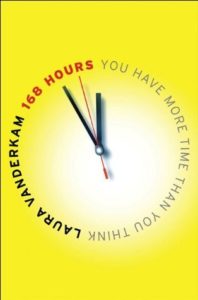
I read 168 Hours by Laura Vanderkam a couple of years ago. I finally implemented her time tracking strategy this year. Time tracking is something that worked well for me this summer as I transitioned to a lot more time at home.
The premise of this book is simple. There are 168 hours in a week. Everyone has that same amount of time. Vanderkam interviewed dozens of successful people and studied how they spend their hours. It’s different than most. She shares strategies for how to examine and prioritize your weeks to be sure you’re taking care of the important things and fitting in the things you’d like.
It sounds silly to me now, but this book helped me think of my time in terms of a whole week with plenty of hours rather than a single day where I couldn’t possibly get everything done. It shifted my mindset.
What are your favorite self help books? What areas of your life would you like to improve?
